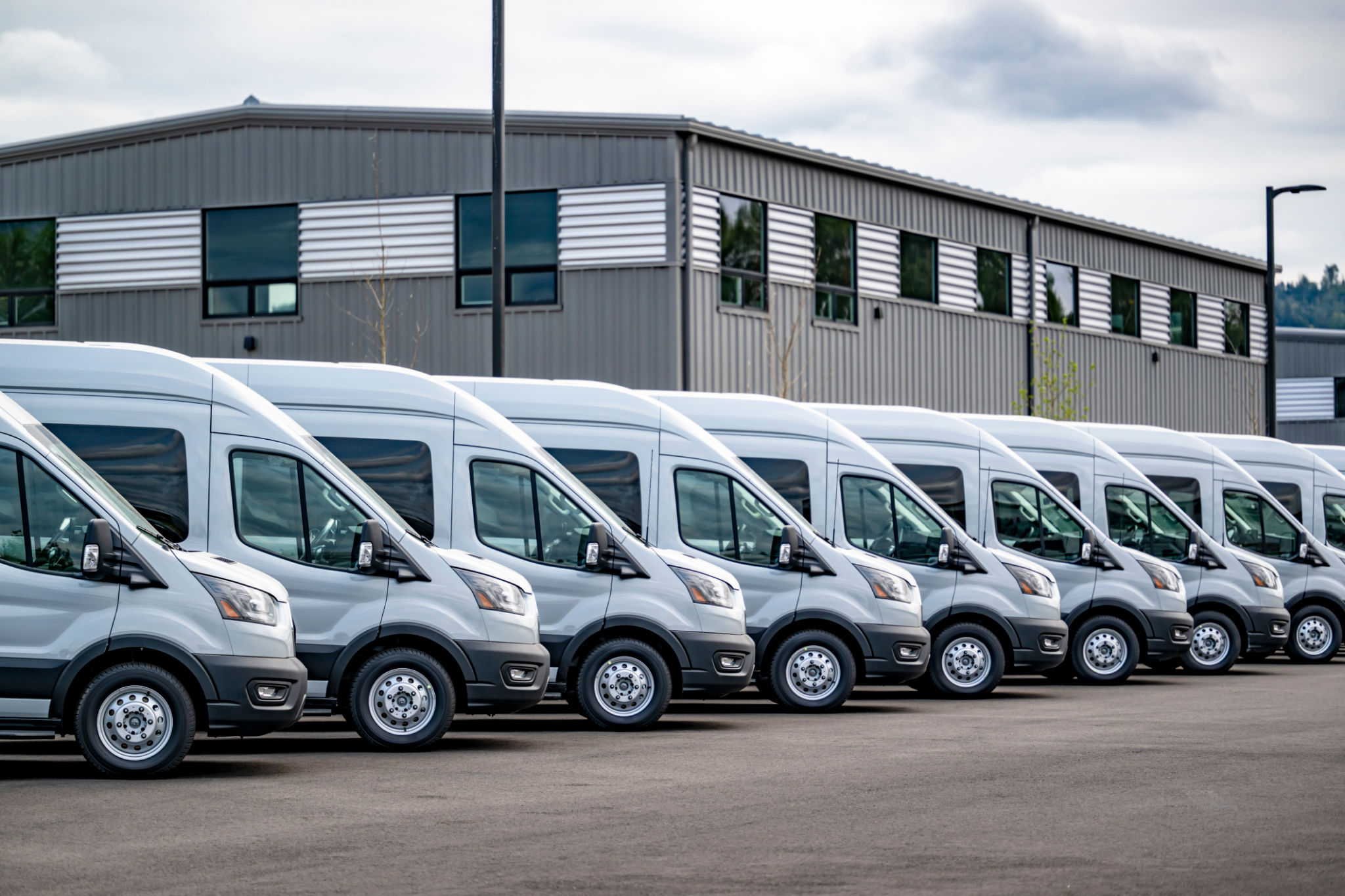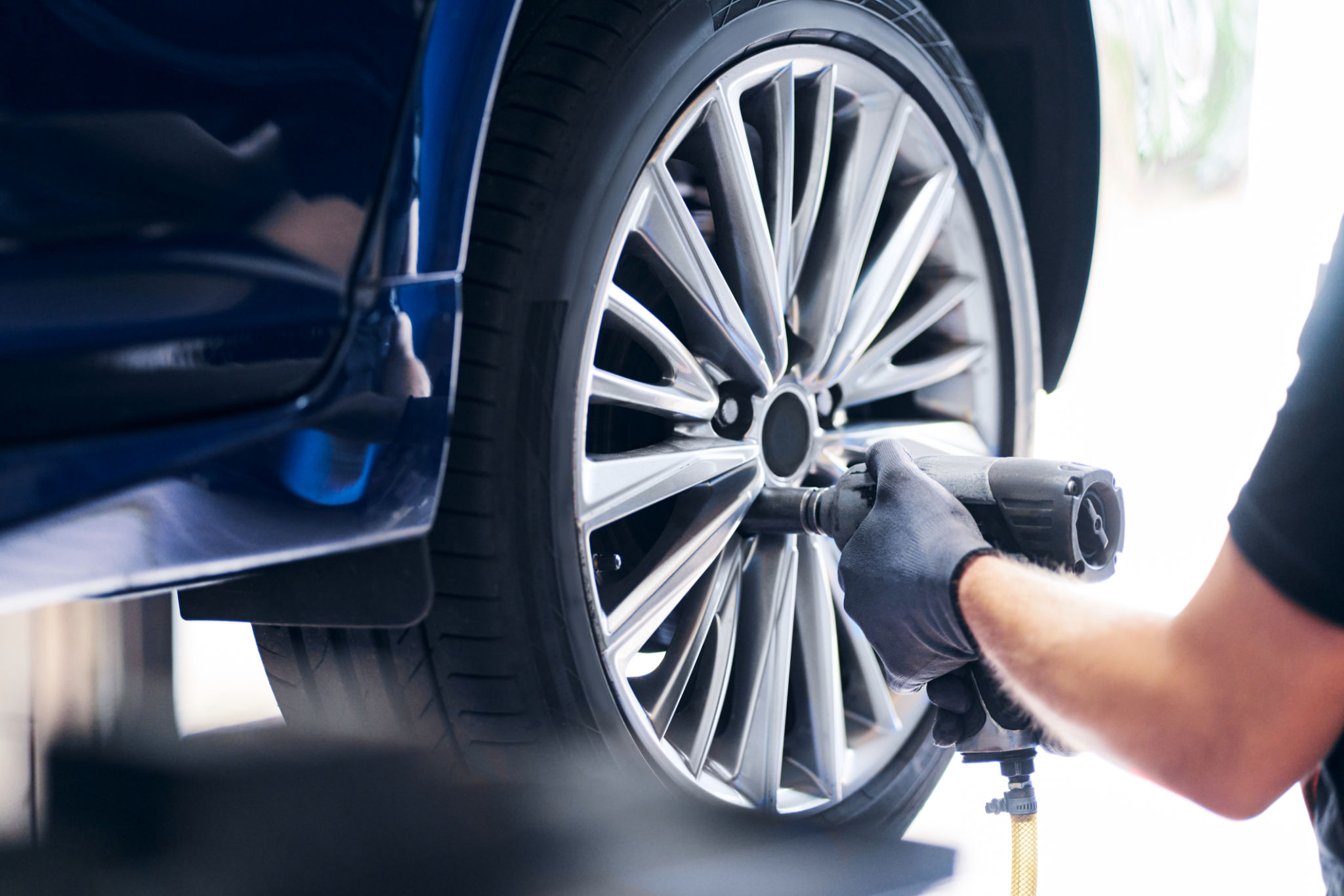Expert Insights: Common Fleet Maintenance Mistakes to Avoid
Understanding the Importance of Fleet Maintenance
Maintaining a fleet is not just about keeping vehicles operational; it's a strategic approach to ensure efficiency and safety. Fleet maintenance directly impacts operational costs, vehicle lifespan, and driver safety. However, many fleet managers make common mistakes that can lead to unexpected downtimes and increased expenses.

Neglecting Regular Inspections
One of the most prevalent mistakes in fleet maintenance is neglecting regular inspections. Routine checks are essential to identify potential issues before they become major problems. Skipping these inspections can lead to costly repairs and prolonged vehicle downtime. Implementing a systematic inspection schedule can prevent such oversights and keep the fleet running smoothly.
Ignoring Manufacturer Recommendations
Vehicle manufacturers provide detailed maintenance schedules, but these are often overlooked. Ignoring these guidelines can result in premature wear and tear on fleet vehicles. It's crucial for fleet managers to adhere to these manufacturer recommendations to maintain optimal vehicle performance and longevity.

Inadequate Record Keeping
Proper record keeping is often underestimated in fleet maintenance. Without detailed records of past services, repairs, and part replacements, it becomes challenging to track the health and performance of each vehicle. Utilizing fleet management software can help streamline this process, ensuring accurate and up-to-date records.
Underestimating Tire Maintenance
Tires are a critical component of any vehicle, yet their maintenance is frequently underestimated. Regular checks for tire pressure, alignment, and tread depth are essential to ensure safety and efficiency. Neglecting tire maintenance can lead to increased fuel consumption and the risk of accidents.

Overlooking Driver Feedback
Drivers are on the front lines and can provide valuable insights into vehicle performance. Overlooking their feedback can result in missed opportunities to address minor issues before they escalate. Encouraging open communication with drivers about vehicle conditions can enhance the overall maintenance strategy.
Failing to Train Maintenance Personnel
Maintenance personnel need to be well-trained and up-to-date with the latest technologies and techniques. Failing to provide adequate training can lead to improper repairs and maintenance practices. Investing in continuous education for maintenance staff ensures that they are equipped to handle modern fleet challenges effectively.
Conclusion: Building a Robust Fleet Maintenance Strategy
Avoiding these common mistakes is crucial for developing a robust fleet maintenance strategy. By prioritizing regular inspections, adhering to manufacturer guidelines, maintaining accurate records, focusing on tire care, valuing driver feedback, and ensuring well-trained personnel, fleet managers can enhance operational efficiency and reduce costs. A proactive approach to fleet maintenance not only extends the life of vehicles but also contributes to overall business success.
